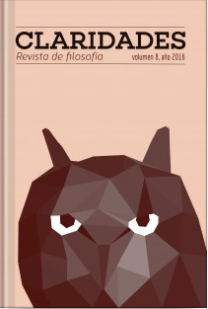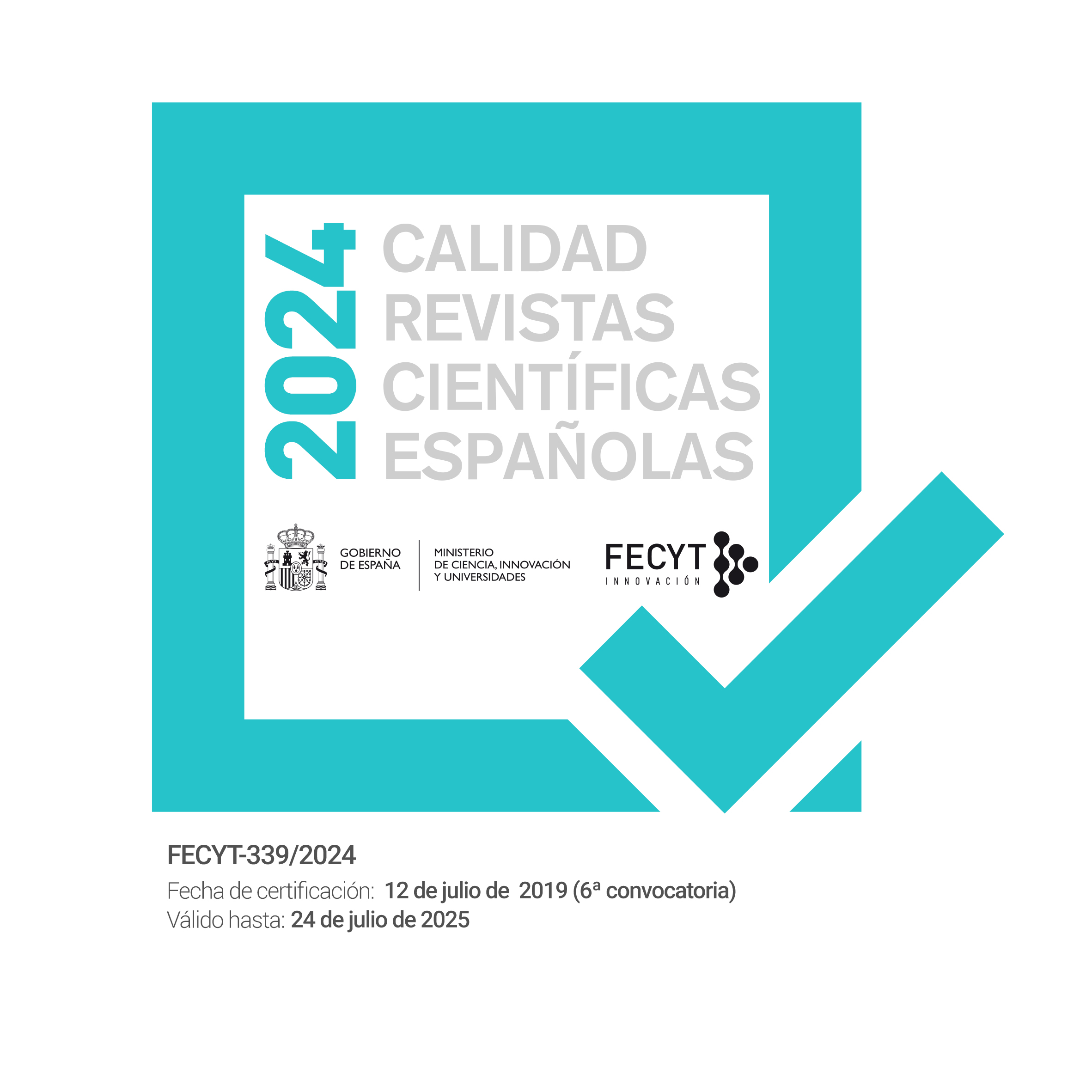Modify the Condition of the Poor or the Raison d'etre of the democratic
DOI:
https://doi.org/10.24310/Claridadescrf.v8i0.3791Keywords:
DEMOCRACY, REPRESENTATION, HISTORICAL SUBJECT, LEGITIMACY, VOTE,Abstract
PALABRAS CLAVE
DEMOCRACIA, REPRESENTATIVIDAD, SUJETO HISTÓRICO,
LEGITIMIDAD, VOTO
ABSTRACT
For decades that both the political science, and the approach of the political thing from the philosophical thing, owes or has to, to re-mean the social contract, to re-define the beginning of equality, and to annotate significant extensively and polysemic of it of democratically, to record a different value, especially for those that the condition has for the obligation without guarding over his rights, in order that in the electoral day, the empodere with the value of five (5) to each of his votes, dignifying these invisibilizados to extract them of the victims' condition that imposes the prebendedarismo, the purchase of votes or the handbags of merchandise (a practice very extended in Latin America) that definitively it eats away and deslegitima the current democracy that is tried, as purpose to restore the contract Social and to reconstruct the beginning of equality of agreement to still not travelled categories. We believe that of such a way, to theoretical level the democratic thing will be refined in a restricted and explicit representation, which will be her of taking as a priority the historical subject of the condition (that of the poor person to modify it) to the effects of leaving the current historical subject, the individual and his individualism, which is contradictory in his functionality and definition.
Downloads
Metrics
Publication Facts
Reviewer profiles N/A
Author statements
Indexed in
-
—
- Academic society
- N/A
- Publisher
- Asociación para la promoción de la filosofía y la cultura en Málaga (FICUM) y UMAEditorial
References
ARISTÓTELES, (1997), Grandes Obras del Pensamiento. Aristóteles. Políti-ca, España, Altaya.
BORGES, JORGE LUIS, (1995), La secta de los treinta, Buenos Aires, Emecé.
BOURDIEU, PIERRE, (1999), Intelectuales, política y poder, Buenos Ai-res, Eudeba.
DERRIDA, JACQUES (1994), A democracia é uma promessa, Lisboa, Jor-nal de Letras, Artes e Ideias.
HOBBES, THOMAS, (1997), Grandes Obras del Pensamiento. Thomas Hobbes. Leviatán, Traducción prólogo y notas Mellizo Carlos, Barce-lona, Altaya.
PLATÓN. (1997), Grandes Obras del Pensamiento. Platón. La República, Traducción José Manuel Pabón y Manuel Fernández Galiano, Espa-ña, Altaya.
QUESADA, FERNANDO, (1997), Filosofía política. Ideas políticas y movimientos sociales en Enciclopedia Iberoamericana de Filosofía, Ma-drid, Editorial Trotta.
SCHUMPETER, JOSEPH, (1952), Capitalismo, socialismo y democracia. Madrid. Aguilar.
TODOROV, TZVETAN, (2012), Los enemigos íntimos de la democracia. Barcelona. Editorial Galaxia Gutemberg.
Downloads
Published
How to Cite
Issue
Section
License
Esta revista provee acceso libre inmediato a su contenido bajo el principio de hacer disponible gratuitamente la investigación al público. Todos los contenidos publicados en Claridades. Revista de Filosofía, están sujetos a la licencia Creative Commons Reconocimento-NoComercia-Compartirigual 4.0 cuyo texto completo puede consultar en <http://creativecommons.org/licenses/by-nc-sa/4.0>
Es responsabilidad de los autores/as obtener los permisos necesarios de las imágenes que están sujetas a derechos de autor.
Los autores/as cuyas contribuciones sean aceptadas para su publicación en esta revista conservarán el derecho no exclusivo de utilizar sus
contribuciones con fines académicos, de investigación y educativos, incluyendo el auto-archivo o depósito en repositorios de acceso abierto de cualquier tipo.
La edición electrónica de esta revista esta editada por la Editorial de la Universidad de Málaga (UmaEditorial), siendo necesario citar la procedencia en cualquier reproducción parcial o total.

















6.png)
